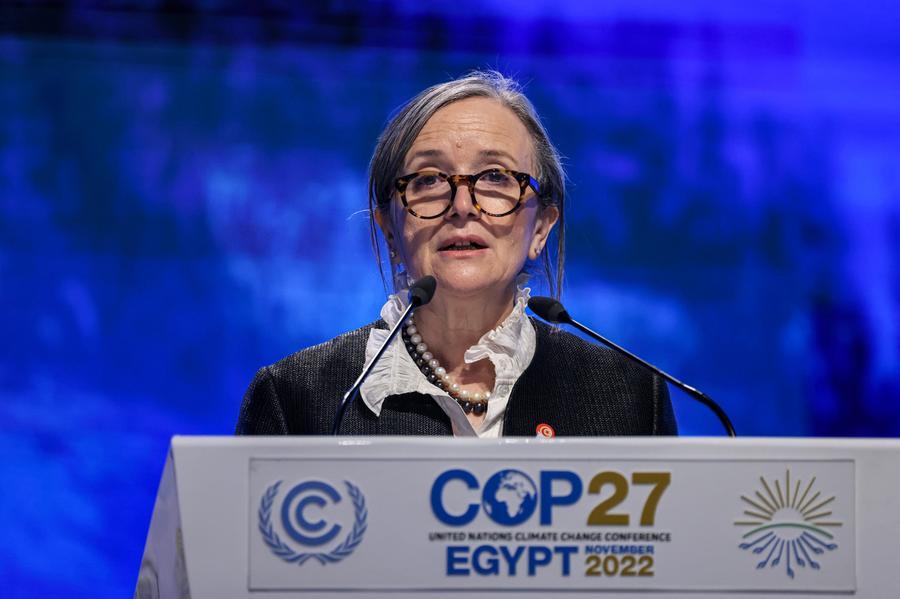“The huge challenges facing the Arab countries call for new common visions in line with innovative approaches,” said Prime Minister Najla Bouden, lecturing on “Challenges of Tunisian Public Administration in a Changing World” during the Arab Government Administration Forum , held in the margin of the World Government Summit in the UAE. The goal is to make the Arab governments’ action as effective as possible, pointing out that the public administration is a vehicle for comprehensive development. Bouden further indicated that the COVID-19 pandemic has undoubtedly shown the importance of the public administration’s role in crisis management and the need to devise national policies in the disaster and pandemic response field by harnessing the mechanisms, capacities and programmes necessary to build economies.
The COVID-19 pandemic had been an opportunity to acknowledge the major importance of digitisation and the need to narrow the digital gap between the citizens, in a bid to ensure access to modern technologies for all, she pointed out. The Premier recalled in this regard, the six measures decreed by Tunisia during the pandemic, including notably the modernisation of civil service and administration, development of the human capital, improvement of the public institutions’ efficiency and support to the business and investment climate. As for the modernisation of the civil service and administration, Bouden underlined that it is a prerequisite for the implementation of reforms in various fields, so as to step up the confidence of economic and social stakeholders.
In this connection, she pointed to the new human resources management model of the Tunisian administration and the modernisation of the administration by improving access to services for citizens, streamlining administrative procedures and supporting the decentralisation process. Regarding the development of the human capital, bouden underlined the need to review the civil service status and draw up a new legal framework to govern it, based on merit, accreditation, accountability, mobility and efficiency. Speaking about increasing the efficiency of public institutions, the Prime Minister underscored that this goal cannot be achieved without improving their governance and the quality of their services, while ensuring their social role.
Regarding the improvement of the business and investment climate, Bouden emphasized the need to seek to draw more investment by adopting urgent measures to boost the economy, such as the conclusion of sectoral competitive charters, the enshrinement of the principle of free access to the market, the abolition of many administrative permits and authorisations and the revision of the standard clauses of the specifications and the exchange code. Touching on economic empowerment and support for entrepreneurship, she explained that the government has focused on integrating social groups and strata into the economic circuit, as part of an inclusive economy centred on specific programmes such as the “women leaders” and the support programme for young craftspeople and young promoters, among higher education graduates and citizen enterprises. Talking about horizontal digitisation, the PM affirmed that this is still contingent on narrowing the digital divide, developing network infrastructure, carrying out the digital transformation of public administration and ensuring cyber security.
She recalled the creation of a digital citizen identity and the launch of the national e-consultation, the first of its kind conducted in preparation for drafting the 2022 Constitution and Tunisia’s 2035 strategic vision. © Tap 2022 Provided by SyndiGate Media Inc. ( Syndigate.
info ). .
From: zawya
URL: https://www.zawya.com/en/world/africa/dubai-wgs-2023-bouden-sheds-light-on-challenges-of-tunisian-public-administration-jwu4hhmk
